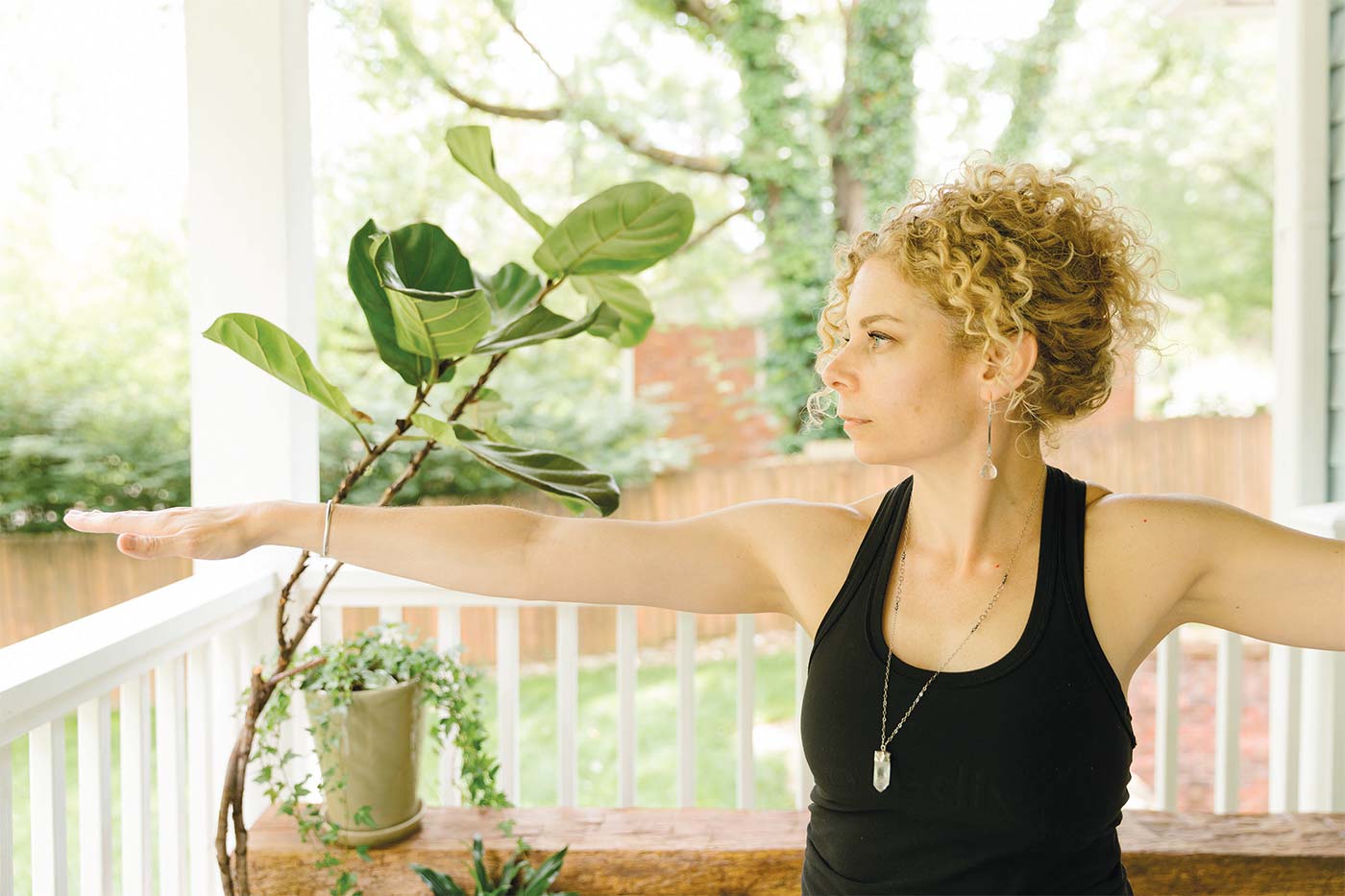We’re excited to introduce you to the always interesting and insightful Samantha Eibling. We hope you’ll enjoy our conversation with Samantha below.
Samantha, appreciate you joining us today. One deeply underappreciated facet of entrepreneurship is the kind of crazy stuff we have to deal with as business owners. Sometimes it’s crazy positive sometimes it’s crazy negative, but crazy experiences unite entrepreneurs regardless of industry. Can you share a crazy story with our readers?
When eager business students and budding, curious entrepreneurs ask me what steps we took to become business owners, I often joke that we accidentally bought a kitchen shop and then decided to open a yoga studio in the height of a pandemic. Our businesses are in beautiful Bloomington, home of Indiana University and top ranked, Kelley School of Business, so it is natural to ask entrepreneurs how they developed their business plans, courted investors, and had the courage to open or buy a business. Our story is a bit different.
Our story is about cultivating relationships, learning from every single past job (especially the worst ones), and being ready and open when an opportunity presents itself. Our success comes from relentlessly living our intention and values.
In 2017, my brother saw that the well-established kitchenware and fine foods shop, Goods for Cooks, was up for sale. The current owners were looking for locals passionate about food and stewarding the now 52-year-old business into the future. My brother had run a food coop for 20 years and I had worked in marketing, leasing, specialty grocery, and an independent kitchen shop, so when the opportunity presented itself, we felt well-equipped to pursue the opportunity. We also understood the assignment and responsibility of stewardship of this beloved local business.
While I loved pursuing my passion for all things cooking and entertaining, the challenges the retail business presented, and the creative aspect of marketing, I continued to teach yoga professionally. And though I had once drawn up a preliminary plan for a studio and daydreamed ideas with a good friend, the dream of one day owning a yoga studio now seemed nearly impossible. In 2021, the pandemic’s second variant wave was sweeping the nation, I was now only teaching yoga online, people were just emerging from a long shutdown, and many businesses were struggling. Goods for Cooks was thriving due to conditions forcing people to stay home, keeping me and my partners very busy as we pivoted almost daily for months responding to the various changes and challenges that came our way.
Naturally, when we least expected it, the CEO of the company that owns the building the kitchen shop leases approached me. He knew I had a passion for yoga and remembered me musing about one day hoping to open a space. He told me about a space in another building they owned that he thought would be perfect. It seemed a ridiculous idea to create and open a service-based business from scratch, that routinely involves deep breathing and close contact with others during the middle of a pandemic. But as my father-in-law says, “it never hurts to listen”, so we said yes to a tour of the space.
It turns out, the CEO was right, my husband and I took one look at the space and knew it was perfect. In fact, it was so perfect, despite the scary uncertainty that lie ahead, we knew we could not pass on this opportunity. It was mid-June, we quickly reached out to a good friend to ask if they would partner with us. We then assembled our close-knit yoga teacher friends, most of whom were not teaching any longer due to losing jobs during the pandemic to gauge their interest. Every person we approached was onboard immediately. While on vacation I worked on logos and branding. Our partner began building a website. By August we signed a lease and had a partnership agreement. Build out began later that month and Bloomington Yoga Collective was open by mid-October. Our studio centers the student and the practice, prioritizes relationship and trust, believing that profits will follow, and they have.
Ultimately, our story is not one of well laid out business plans. It is not even of luck, for luck is simply opportunity recognized. We believe opportunity presents itself when you cultivate relationships, learn lessons from work you do along the way, and remain open to the potential of life. The funny thing is, if we had never “accidentally” bought a kitchen shop, we would have never had the experience or courage to open the studio. Had we not chosen the opportunity of stewarding a well-established business and cultivating relationships through that adventure, that lovely CEO would never had known my other dream, and I would never have seen that special space. That space, the home of our yoga studio, coincidentally happens to be where my grandmother, nearly 100 years before, hid from her chaperones behind Hoagy Carmichael playing at a college dance so she could spend more time with my future grandfather. Oh, and profits we had saved from our kitchen shop venture fully funded the start-up costs of the studio.
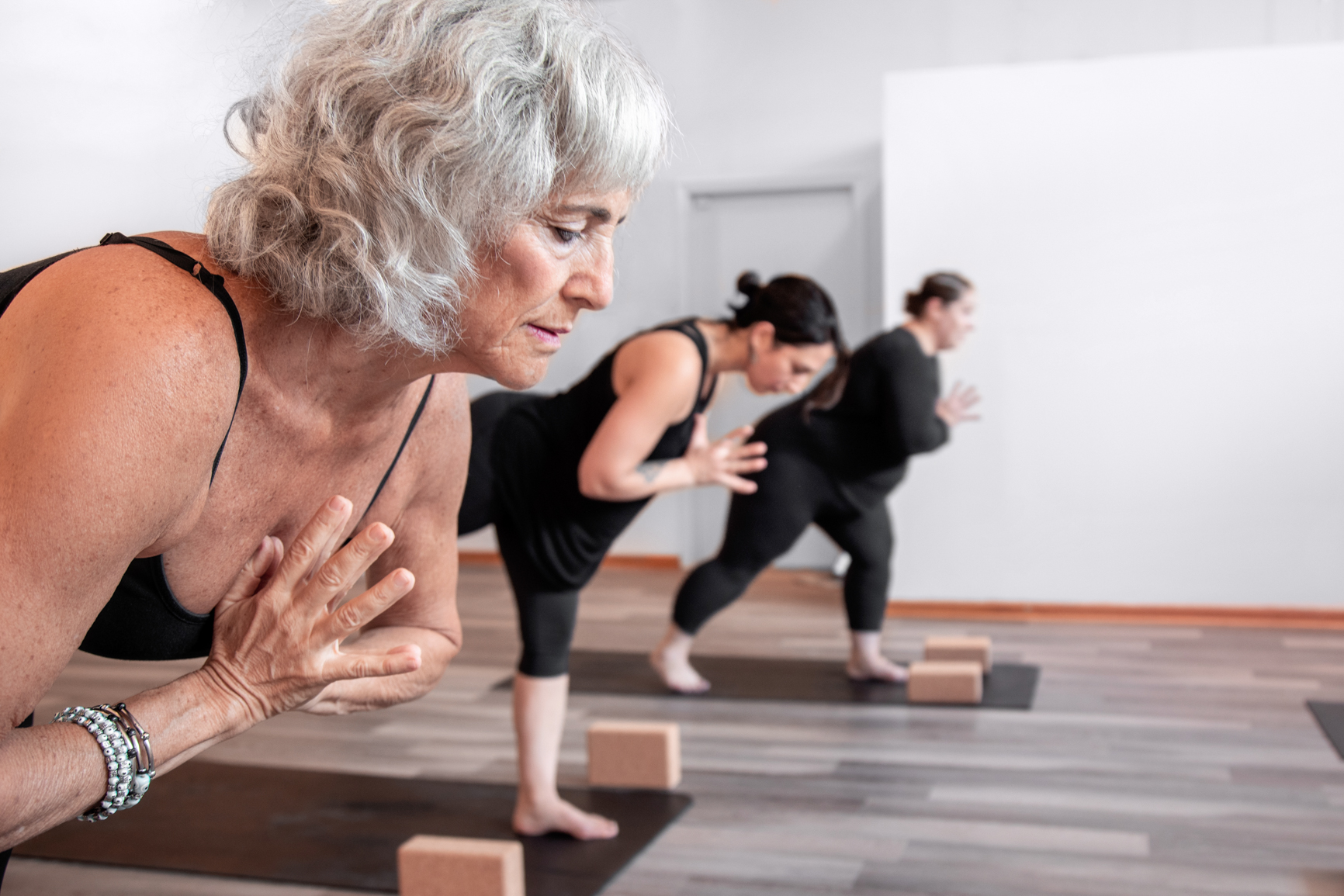
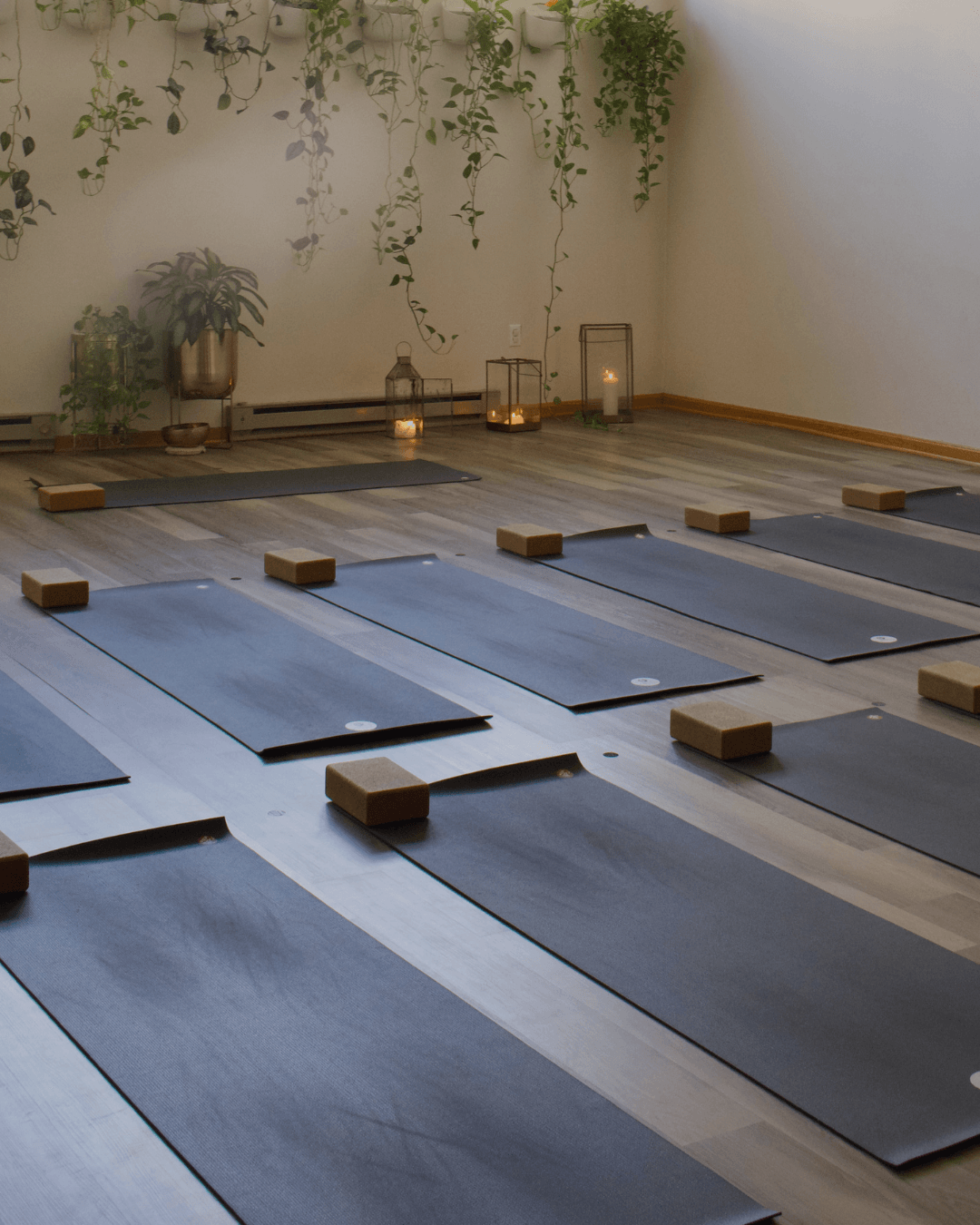
Great, appreciate you sharing that with us. Before we ask you to share more of your insights, can you take a moment to introduce yourself and how you got to where you are today to our readers.
At Goods for Cooks, we believe food has the power to nourish and connect. Since 1973, we have been dedicated to creating a community gathering space designed to foster the benefits of cooking and sharing food and drink.
We believe food is everything. It connects us to one another as we sit to share a meal. It reminds us of who we are and where we’ve come from. Food has a visceral impact long after our bellies have digested a meal. We can remember a long-ago first bite, food’s aroma, or the way a good bread or soup nurtured us. Food has the power to comfort us in our time of need, elevate us in celebration, and secure our survival.
The story of food, however, is not complete without the acknowledgment of its power over us when it is scarce. Or the shame we feel when we do not have enough, feel helpless in the kitchen, or struggle with our personal relationship to food due to mental or physical health challenges.
Food reflects our own values and history, while also allowing us to explore the world if only in our own minds and hearts through the cuisine of others. It permits us to walk in someone else’s shoes, experience their culture, and eat the meals their grandmothers fed them.
We believe if you want to make an impact on humanity, as daunting a goal as that may seem, it is as simple as learning to prepare food and being willing to welcome others to the table.
Bloomington Yoga Collective was born out of countless conversations about yoga, love for the city of Bloomington, and the desire to create a space where the community could come to connect, practice, and fearlessly celebrate life.
Each of us has personally experienced the grounding and transformational effects our yoga practice has had on our lives. The movement, breath, and inner-work of yoga have supported us through challenging times and taught us to live from a sense of abundance and potential, rather than fear.
With full lives and careers opening a space in which we can support and uplift others felt, well, out of reach – but as is often the case, when you wholeheartedly believe in something, opportunities arise. So here we are, embarking on yet another life adventure. Will you join us?
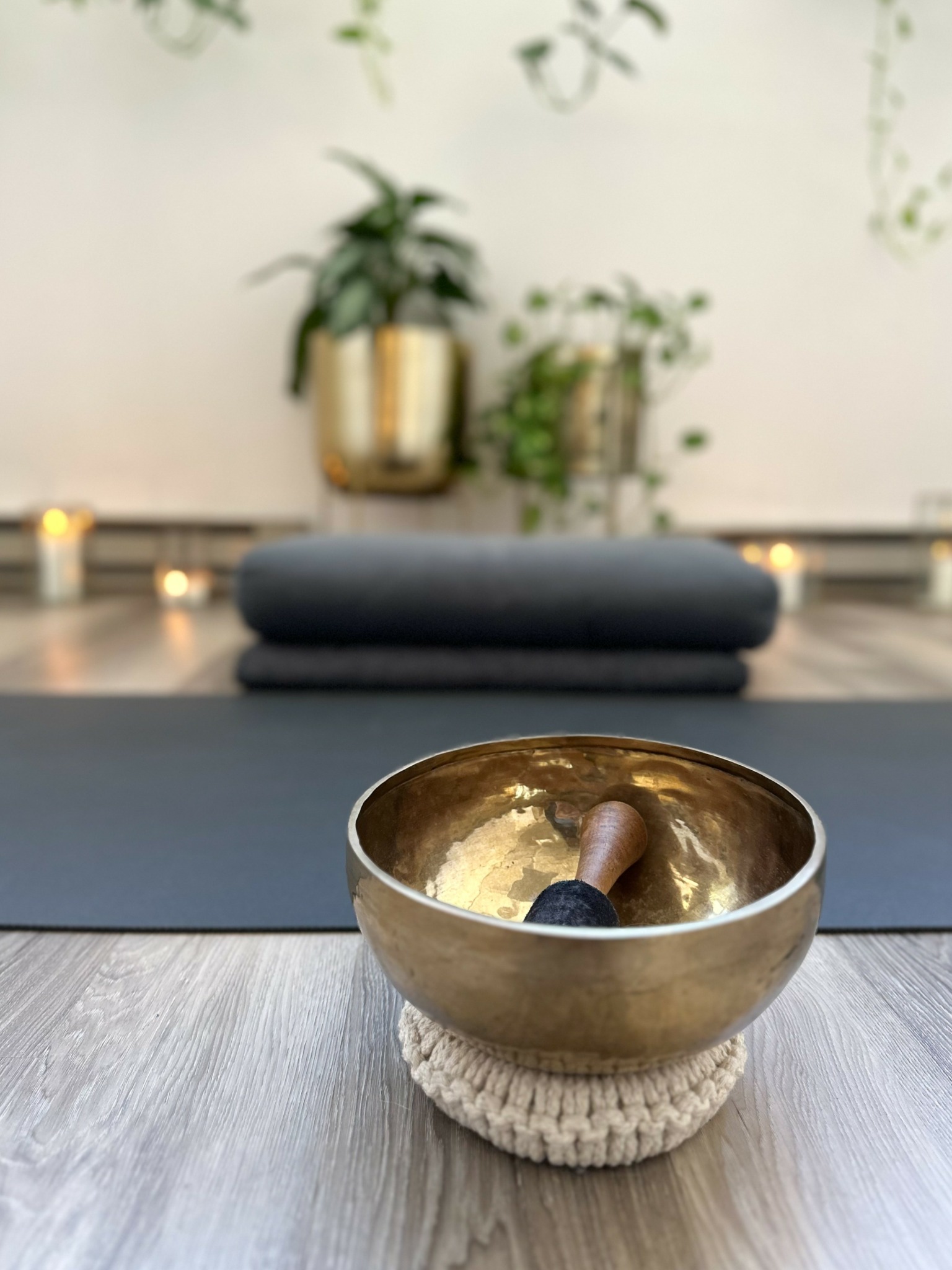

Can you tell us about a time you’ve had to pivot?
We purchased our Goods for Cooks in 2017 and inventory was not computerized. We do not use a POS system, only a simple cash register. All inventory is hand counted, hand priced, and ordered by a team that walks the floor daily to know what we have on hand. As a result, we also do not have an online platform as it would be rather difficult to not double dip into inventory that is on the floor, accidentally selling something that is no longer available. The decision to not move toward a computerized inventory is driven by a 50% partner who is not interested in doing so. As crazy as it sounds, it does have its advantages. Our team is much more engaged and aware of what we carry and our current inventory. Interruptions in power and internet services do not prevent us from selling or halting business. In fact, during the pandemic, power around our downtown square was interrupted and our shop was one of the only ones who could remain open. Our staff is trained on how to write up a paper ticket, manually calculate tax, take credit card information in alignment with compliance rules. While we do not often need to use these techniques, even our younger and less experienced staff have these tools and capabilities in their skillset.
However, during the pandemic, our “old school” way of doing things did have to shift slightly because our shop was closed to the public for nearly 3 months. During this time we created a e-commerce site through Square that allowed us to sell the basics needed or requested (we have thousands of items so we were never going to be able to list them all). Like many businesses we added a second phone line and a no-contact order pick up station to handle online and phone orders, but we also offered free delivery to anyone within a 10 mile radius of the shop. Our dedicated customers continued to support us understanding the importance of local businesses surviving and we had the honor and privilege of coming our to our customers homes, knowing more specifically where our customers lived (we have customers in every corner of the town and socio economic group!) and what their go-to items were in desperate times.
Another lesson learned from this time, was what may have been once thought to be a financial detrimental business decision, like offering free delivery, was in fact the opposite. Our free service paid dividends in the trust and appreciation built with customers and resulted in loyalty and return visits/purchases. Deliveries were not a burden as we divided them up according to which were on the way home for each person working that day. Those who delivered were paid for their time and allowed to leave early as needed for their schedules. We continue to offer the service when requested if we can accommodate.

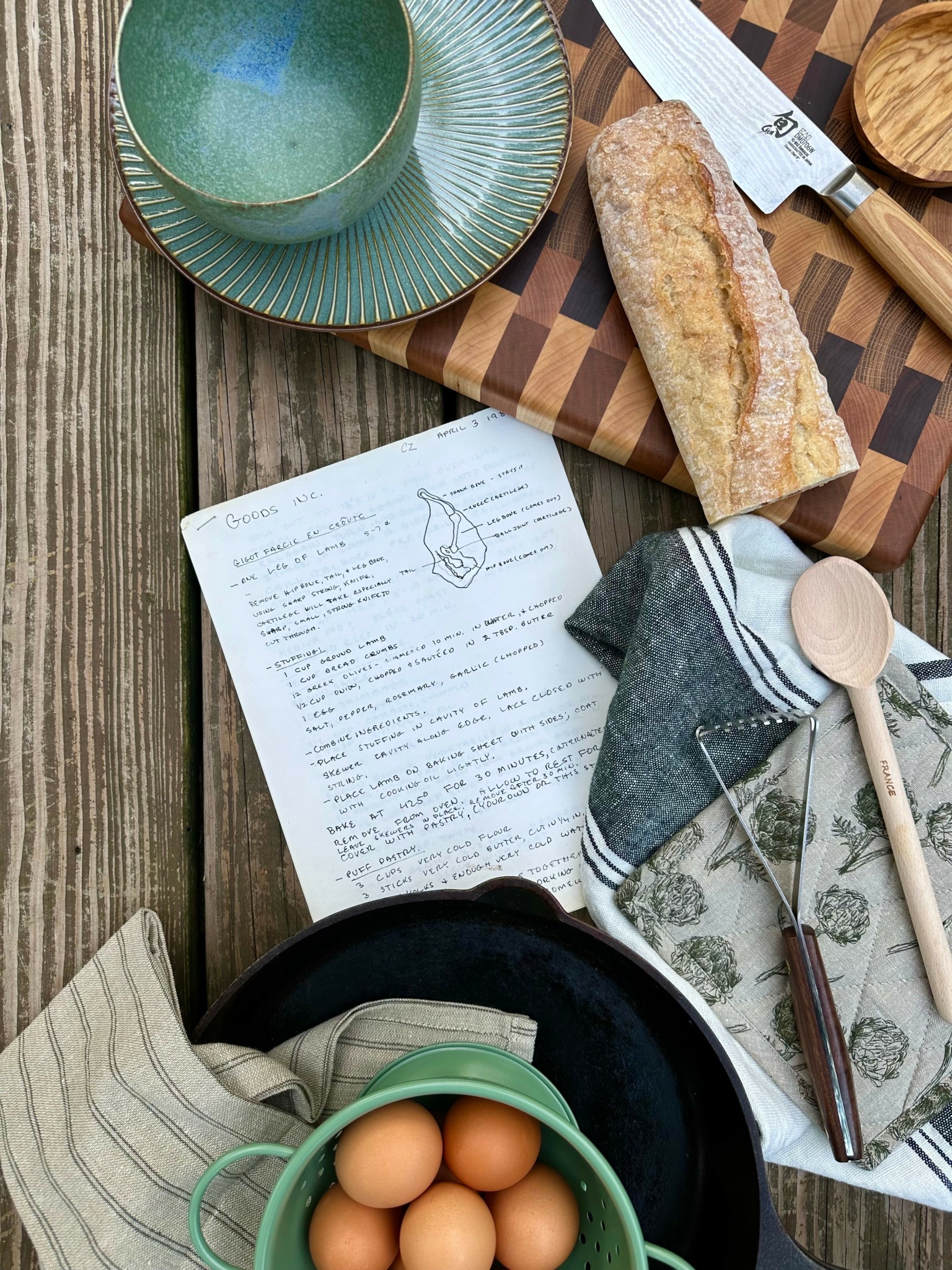
What’s been the most effective strategy for growing your clientele?
For both businesses, hands down, building trust and relationships. We train our team and fully believe that long-term customers and clients are built on cultivating these qualities.
At the shop, we ask questions of our customers, how do they live, what do they cook, what is their lifestyle like, what equipment do they currently have and what feels like it is missing. Many times, customers already have what they need or do not need as expensive of an item as they would have thought. Helping them understand this builds trust. They know we are listening and have their best interest in mind. We often say that “we do not want to sell you everything, rather, we want to sell you just the thing”. When customers understand this, we keep them long term AND they are still spending money in the shop even if we persuade them not to buy the one thing they came in for because they feel like that is money back in their pocket.
At the studio, we are committed to not nickel and dime our customers. We do not charge for mat and towel rental, opting for a lending program instead. We offer things like water and hair bands for free. We also do not charge/penalize for late arrivals or unattended classes. While we never have charged for mat and towel rentals, initially, we did have late charges. But what we observed were students who were highly stressed as a result of the policy during a time of financial and societal instability. We realized that the small income which would be made from late fees came at a cost to our clients well-being and an eroding sense of trust. Our not charging late fees acknowledges to our students that we understand that life happens and that most skipped classes are caused by forces out of students control – who wouldn’t rather be on their mat than in a car-pool line? We also decided that if a particular student was causing disruptions to the system by either arriving late frequently or constantly registering for classes they do not attend, we could have individual conversations with them rather than making everyone feel penalized.
These strategies have resulted in word or mouth and client referrals being our number one way to generate new business and keep existing customers coming back.
Contact Info:
- Website: [email protected] BloomingtonYogaCo.com
- Instagram: @GoodsForCooks @BloomingtonYogaCo
- Facebook: @GoodsForCooks @BloomingtonYogaCo
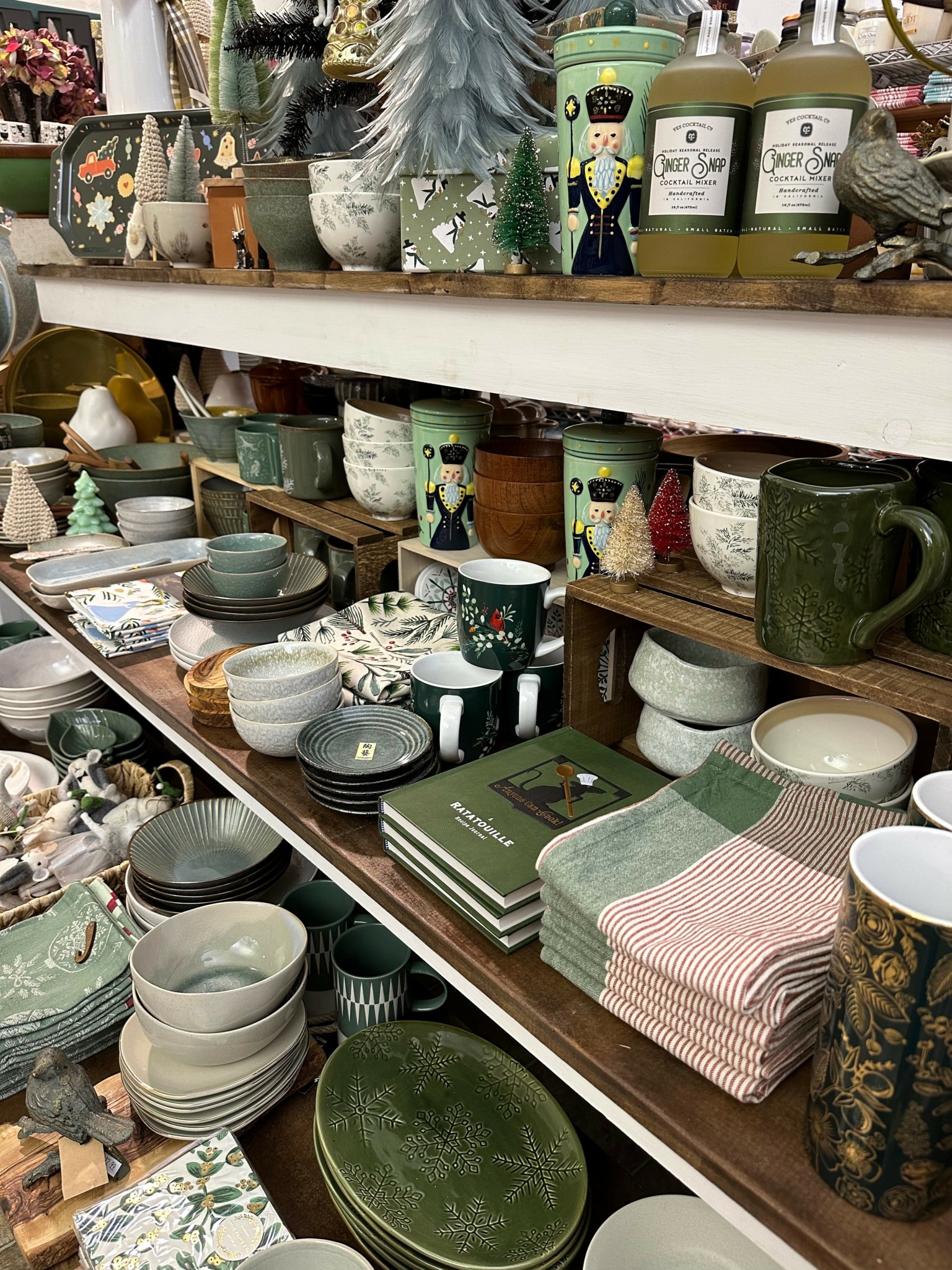
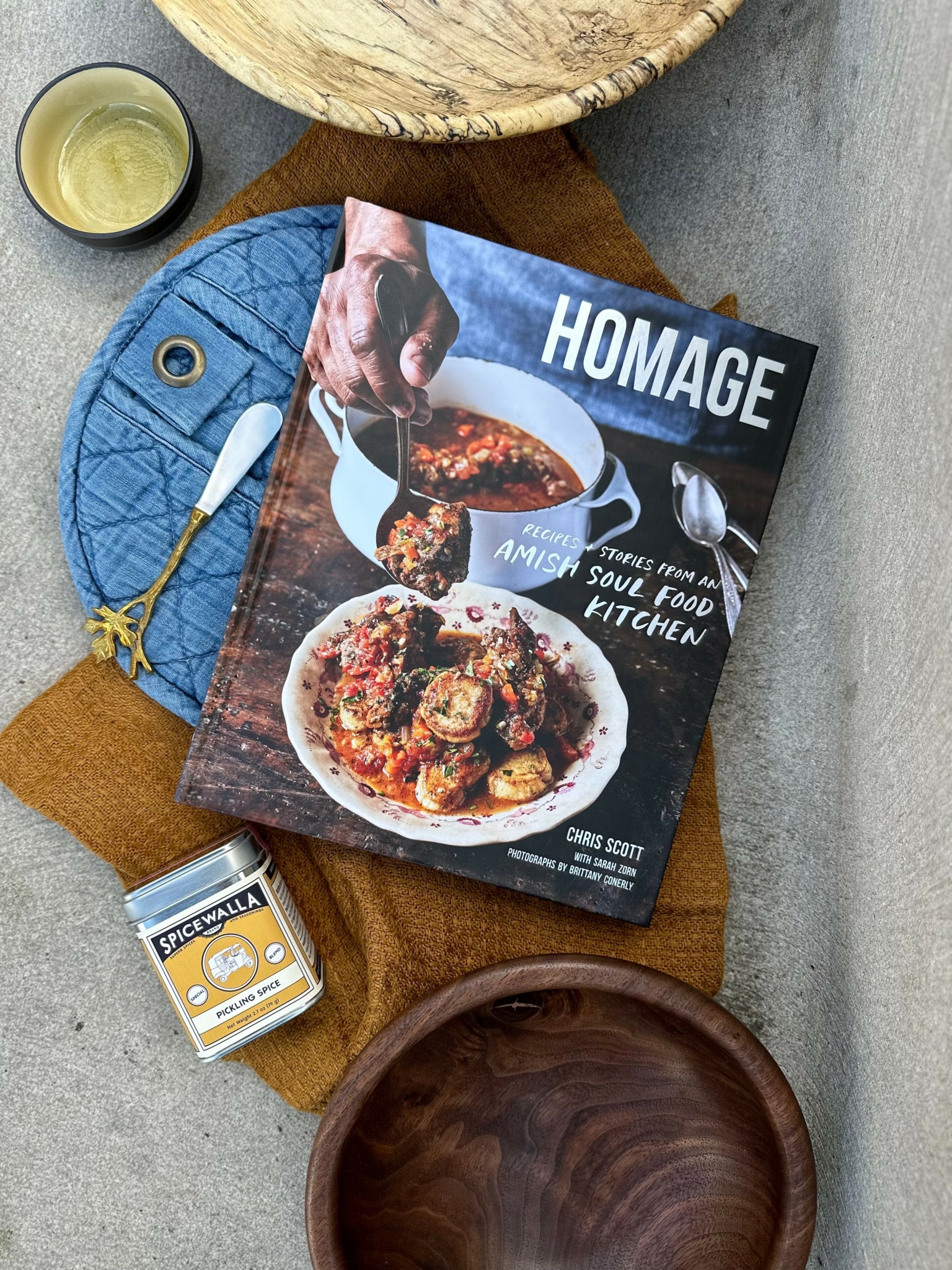
Image Credits
Headshot of Sam – Anna Teeter Photography
Cake Stand and Ingredients / yoga studio with mats – Ali Beckman
Yoga Students – Chelsea Sanders, Blueline Media
all others – Samantha Eibling


